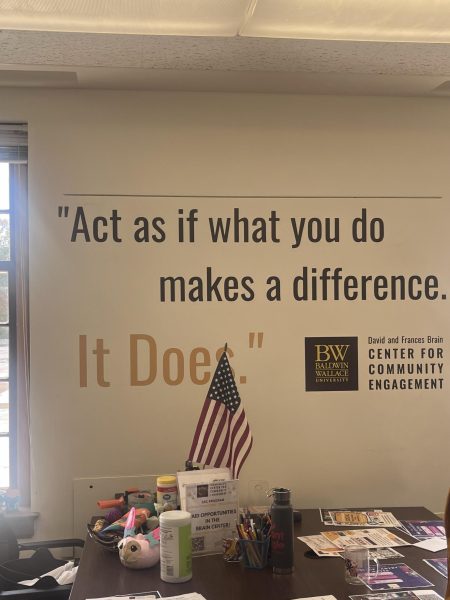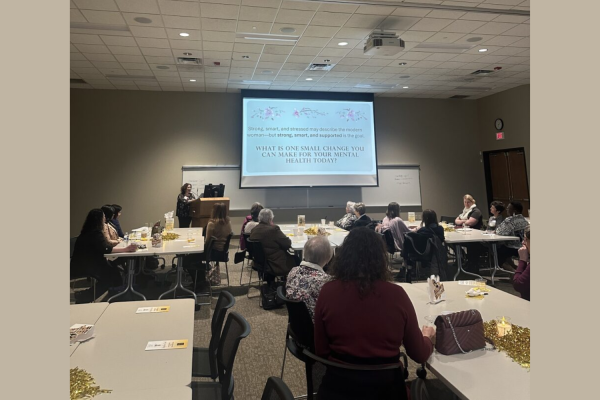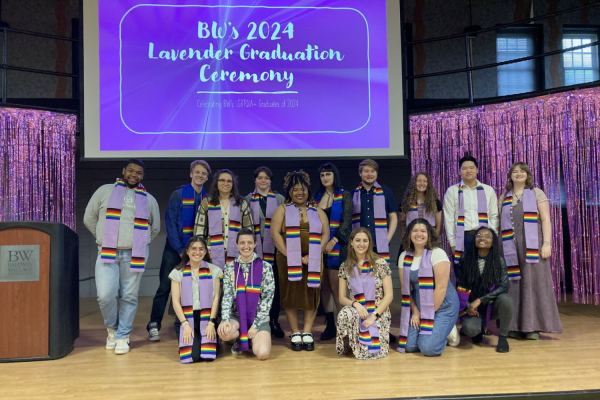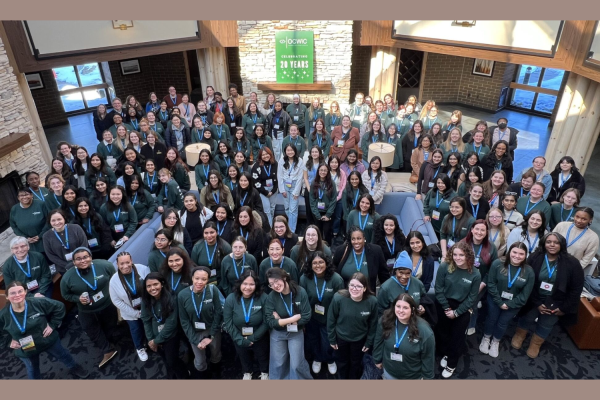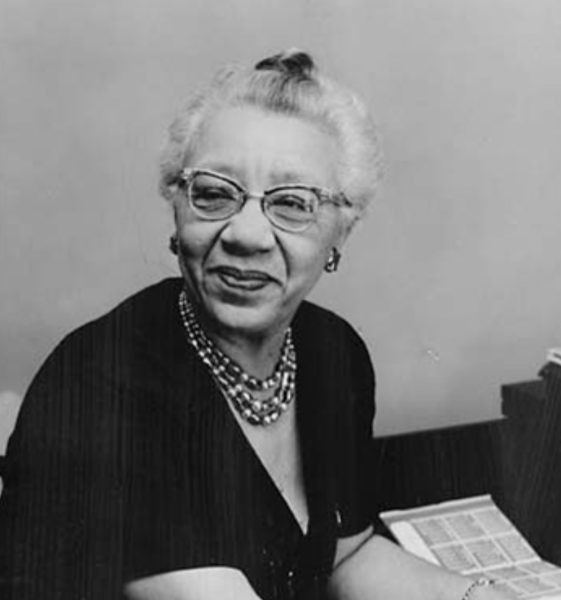Students give love –– and hookups –– the old college try
“Sex [and dating] have different meanings for everybody. It’s very subjective and personal,” said junior student Daniela Shkembi.
Your college years are for “exploring and opening up your heart,” said junior education major Daniela Shkembi. But how many college students, particularly in the age of online dating, are willing to open their hearts up to love?
Many college students use dating apps such as Tinder, Hinge, Bumble, or Grindr to connect with others — in a 2021 study conducted by the University of South Carolina, 45 of 69 students surveyed reported that they use one or more dating apps in the last 12 months. Students can use these dating apps for various reasons: casual dating, hookups and even long-term relationships.
Dating apps have the ability to connect users with other people in the area as fast as possible. This instant connection and the temporary relationship that follows introduced the idea of modern-day hookup culture, or casual dating. In both hookup culture and casual dating, casual sex and hookups are encouraged, and relationships are formed without the involvement of commitment.
Solé Hall-Hamilton, a senior education and English major, said that they use Tinder and Bumble mainly for hookups. Hall-Hamilton said that communication is the most important thing when approaching the app for a hookup.
Hall-Hamilton said they want to ensure they are on the same page as the other person regarding how they approach a hookup or casual sex situation. Hall-Hamilton said that they need the other person to see them as a person and not just a sex object.
With the protection of a digital environment also comes the phenomenon of “ghosting” in which a person abruptly stops communicating with the other person. Hayoung Vall, a junior English major, said ghosting is one of the disadvantages of casual dating.
“Hookup culture is dangerous because we’ve normalized cutting off communication out of nowhere,” Vall said.
Manson, a sophomore education major who opted to conceal their first name, said that they view dating apps as only for hook-ups, and said that they have found difficulty forming emotional connections with the people they matched with.
Shkembi said the dating apps lack passion while also redefining what it means to date, but that it’s all up for interpretation.
“Sex [and dating] have different meanings for everybody,” Shkembi said. “It’s very subjective and personal.”
For Manson, they said dating can be short-term.
“Dating doesn’t have to be permanent — it’s okay to see
where things go and take it day by day,” Mason said.
The different aspects of college may be what draws some students toward more short-term dating. For Vall, she said that while she does not enjoy the “temporary affection,” she said she understands that the short time college students spend in school may make commitment less appealing.
Hall-Hamilton said that being an out-of-state student further impacts their willingness to commit since they aren’t going to stay in Ohio for long.
“I’m someone that’s more career-oriented,” Hall-Hamilton said. “Love comes and goes … If it comes along, great! But if not, that’s okay, too.”
For those who want to commit to a relationship, dating apps and hookup culture may influence how they wish to approach it.
Vall said she was cautious of committing to her partner because she worried about his “intentions” — if he was ready to commit or if he wanted to remain casual. Prior to her current relationship, Vall actively used dating apps for casual dating and sex. Vall said that the dynamics of dating apps impacted how she went about her current relationship.
Vall also broached the topic of demonization of casual sex in hookup culture, especially for young women.
“Casual sex is demonized for women and praised for men,” Vall said. “And it makes women vulnerable to the idea that their value has gone down because of their participation in [casual sex].”
When it comes to casual sex, Shkembi said we need to stray away from the villainization of it — but a person should still understand what they are getting themselves into.
“Just be safe and smart about it,” Shkembi said. “You have to be prepared for any potential ramifications — both physically and mentally.”
For Vall, a period of “loneliness and emptiness” comes after a casual short-term encounter on a dating app.
Hall-Hamilton said that how they feel emotionally and mentally after a hookup depends entirely on how they feel going into it. Hall-Hamilton said body issues can be a factor, and said that they experienced situations where other people expressed an ideal body type they were seeking.
“When those conversations happen, I kind of go, ‘Oh, I’m not very comfortable with that,'” Hall-Hamilton said.
Vall said that as a minority, she ran into other users that would seek out women of a certain demographic to fulfill a fantasy. Hall-Hamilton also said that this issue of fetishization is a downside to dating apps.
“You know when you’re being fetishized,” Hall-Hamilton said. “It’s happening because someone doesn’t see me as a person.”
The Exponent is looking for financial contributions to support our staff and our newsroom in producing high-quality, well-reported and accurate journalism. Thank you for taking the time to consider supporting our student journalists.





























